
scarlet on his mind. The upward route of these vast indifferent monsters drilling slowly through earth and
rock would in time carry them crashing through the heart of the dwelling-chamber where the People had
lived so many thousands of years. There could be no doubt of that. The worms would be coming up right
below the place of the altarstone. And the tribe was no more capable of halting them in their blind ascent
than it would be of trapping an onrushing death-star in a net of woven grass.
Far above the cavern where Thaggoran knelt eavesdropping on the ice-eaters, Torlyri the
offering-woman, who was the twining-partner of Koshmar the chieftain, was at that moment nearing the
exit hatch of the cocoon. It was the moment of sunrise, when Torlyri went forth to make the daily offering
to the Five Heavenly Ones.
Tall, gentle Torlyri was renowned for her great beauty and sweetness of soul. Her fur was a lustrous
black, banded with two astonishing bright spirals of white that ran the whole length of her body. Powerful
muscles rippled beneath her skin. Her eyes were soft and dark, her smile was warm and easy. Everyone
in the tribe loved Torlyri. From childhood on she had been marked for distinction: a true leader, one to
whom others might turn at any time for counsel and support. But for the mildness of her spirit, she might
well have become chieftain herself, and not Koshmar; but beauty and strength alone are insufficient. A
chieftain must not be mild.
So it was to Koshmar and not Torlyri that they had come, on that day, nine years earlier, when the old
chieftain Thekmur had reached the limit-age. “This is my death-day,” sinewy little Thekmur had
announced to Koshmar. “And so this is your crowning-day,” said Thaggoran. Thus Koshmar was made
chieftain, as it had been agreed five years before that. For Torlyri a different destiny had been decreed.
When, not long afterward, it was the time of Gonnari the offering-woman to pass through the hatch as
Thekmur had, Thaggoran and Koshmar came to Torlyri to place the offering-bowl in her hands. Then
Koshmar and Torlyri embraced, with warm tears in their eyes, and went before the tribe to accept the
election; and a little later that day they celebrated their double accession more privately, with laughter and
love, in one of the twining-chambers.
“Now it is our time to rule,” Koshmar told her that day. “Yes,” Torlyri said. “At last, our time is here.”
But she knew the truth, which was that now it was Koshmar's time to rule, and Torlyri's time to serve.
Yet were they not both servants of the People, chieftain as well as offering-woman?
Each morning for the past nine years Torlyri had made the same journey, when the silent signal came
through the eye of the hatch to tell her that the sun had entered the sky: out of the cocoon by the
sky-side, up and up through the interior of the cliff along the winding maze of steep narrow corridors that
led toward the crest, and at last to the flat area at the top, the Place of Going Out, where she would
perform the rite that was her most important responsibility to the People.
There, each morning, Torlyri unfastened the exit hatch and stepped across the threshold, cautiously
passing a little way into the outer world. Most members of the tribe crossed that threshold only three
times in their lives: on their naming-day, their twining-day, and their death-day. The chieftain saw the
outer world a fourth time, on her crowning-day. But Torlyri had the privilege and the burden of entering
the outer world each morning of her life. Even she was permitted to go only as far as the offering-stone of
pink granite flecked with sparkling flakes of fire, six paces beyond the gate. Upon that holy stone she
would place her offering-bowl, containing some little things of the inner world, a few glowberries or some
yellow strands of wall-thatching or a bit of charred meat; and then she would empty yesterday's bowl of
its offerings and gather something of the outer world to take within, a handful of earth, a scattering of
pebbles, half a dozen blades of redgrass. That daily interchange was essential to the well-being of the
tribe. What it said to the gods each day was:We have not forgotten that we are of the world and we
are in the world, even though we must live apart from it at this time. Someday we will come forth

 2024-11-29 7
2024-11-29 7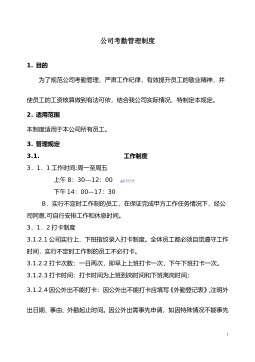
 2024-11-29 9
2024-11-29 9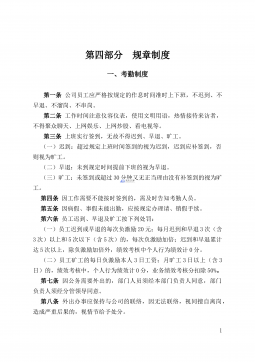
 2024-11-29 10
2024-11-29 10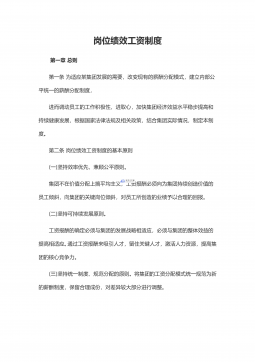
 2024-11-29 10
2024-11-29 10
 2024-11-29 11
2024-11-29 11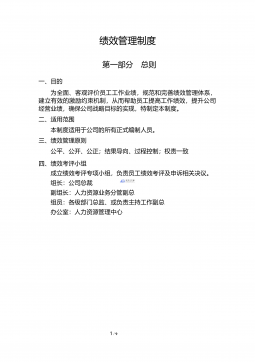
 2024-11-29 12
2024-11-29 12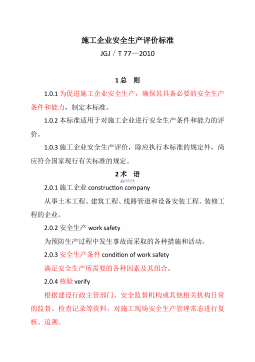
 2024-12-14 191
2024-12-14 191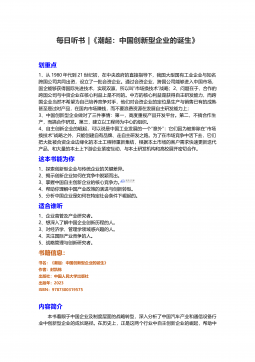
 2024-12-14 59
2024-12-14 59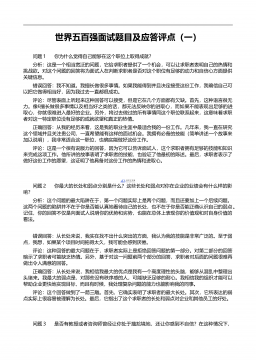
 2024-12-15 67
2024-12-15 67
 2025-01-13 134
2025-01-13 134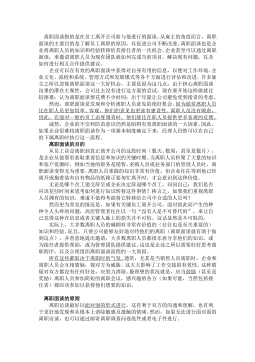
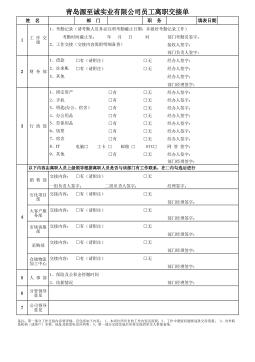
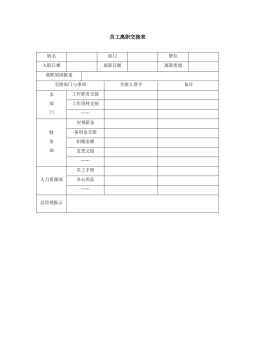
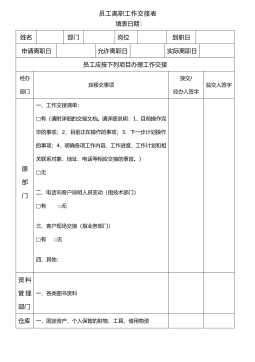
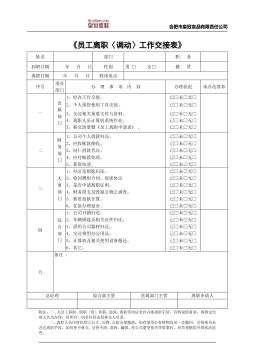



 渝公网安备50010702506394
渝公网安备50010702506394
